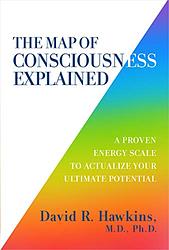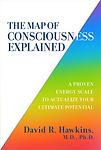Consciousness Explained by Daniel Dennett
The book in question offers a comprehensive theory of consciousness, challenging traditional views and proposing a scientific understanding of the mind. The author argues against the Cartesian model of consciousness as a central, unified entity and instead presents the "Multiple Drafts" model, which posits that consciousness arises from various cognitive processes occurring in parallel. The work delves into the nature of perception, memory, and language, employing insights from psychology, neuroscience, and artificial intelligence to explain how complex phenomena such as self-awareness and intentionality can emerge from the interactions of non-conscious brain functions. The book is both a critique of outdated philosophical ideas about the mind and an attempt to clarify how consciousness can be studied and understood through empirical means.
The 2186th greatest book of all time
- Published
- 1991
- Nationality
- American
- Type
- Nonfiction
- Pages
- 511
- Words
- 210,000
- Original Language
- English
If you're interested in seeing the ranking details on this book go here
This book is on the following lists:
- 5th on Best Science Book Ever (the Royal Institution of Great Britain)
- Best Philosophy Books of All Time (Fivebooks)
- NY Times Editors Choice 1990-1999 (NY Times)

